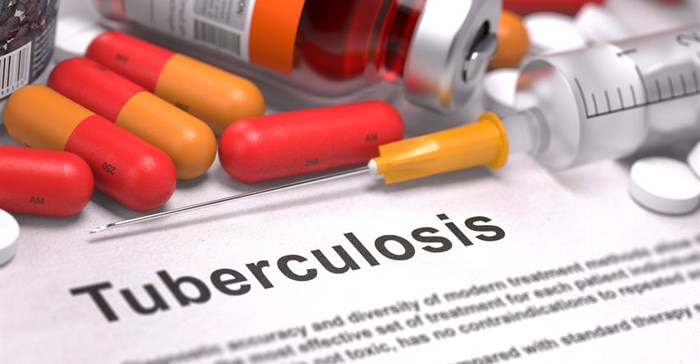A new research unit geared towards making TB drugs safe and accessible for children recently opened its doors at the Brooklyn Chest Hospital.
Children underserved in the field of TB
“It is a child’s human right to be given medication in doses that are safe and effective, and in a form that is easy to take,” says Professor Mariana Kruger, head of the Department of Paediatrics and Child Health at Stellenbosch University (SU), at the opening of the new paediatric pharmacokinetics (PK) unit at the Desmond Tutu TB Centre (DTTC).
According to her, considerable numbers of drugs are being used “off label” in children because no safety trials have been done in this group.
“Children have been underserved in the field of TB,” says Dr Tony Garcia-Prats, the medical director of the unit. “In order to improve access to safe, effective treatment, this unit will test how best to use TB drugs in children with drug-sensitive and drug-resistant TB.”
Identifying paediatric dosages
The unit is helping to conduct the first-ever trial of a new TB drug (delamanid) in children and their research has already helped to identify its paediatric dosing in children six years and older.
They will also study the safety and dosing of a new TB drug (bedaquiline) in children, and their other research studies are contributing to efforts to develop child-friendly TB drug formulations that are dissolvable and pleasant tasting.
In addition, the first study of TB drugs in small babies under one year of age has also been led at the unit, which is informing treatment and research in this especially vulnerable group. The DTTC is also planning a study of bedaquiline in children with MDR-TB, along with several other trials, including treatment shortening for children with drug-susceptible TB.
Global impact
“The research you are doing here will not only improve the lives of South African children but will have an impact globally, as it informs international guidelines on the use of these drugs. We are very proud of the work the Desmond Tutu Centre is doing,” said Prof. Nico Gey van Pittius, vice dean for research at SU’s Faculty of Medicine and Health Sciences (FMHS).
Strong partnerships
Prof. Anneke Hesseling, head of the DTTC and director of the paediatric TB programme, attributes the centre’s success to strong partnerships with stakeholders such as the Western Cape Department of Health, local communities and other research institutions.
She also acknowledges the work done by senior paediatric TB researchers at the FMHS that has laid the scientific foundation on which the DTTC and the PK unit are built, as well as the pioneering work in adult TB trials and support given to the paediatric group by TASK Applied Sciences, led by Prof. Andreas Diacon.
Standing on the shoulders of giants
“This new paediatric unit is the culmination of work done over several decades. We are standing on the shoulders of giants, and we are fortunate that these giants are still among us and we continue to learn from them,” says Hesseling. To honour the enormous contributions that profs Peter Donald and Simon Schaaf have made to paediatric TB .
“The ongoing research at this unit, as well as the research planned for the future, is informing clinical care and local and international guidelines on an almost real-time basis given the large research gaps in the field of treatment of MDR-TB in children and the enormous burden of TB disease in children in the Western Cape. This unit offers a significant opportunity to impact positively on the lives of children and their families affected by TB in the Western Cape,” Hesseling says.





























